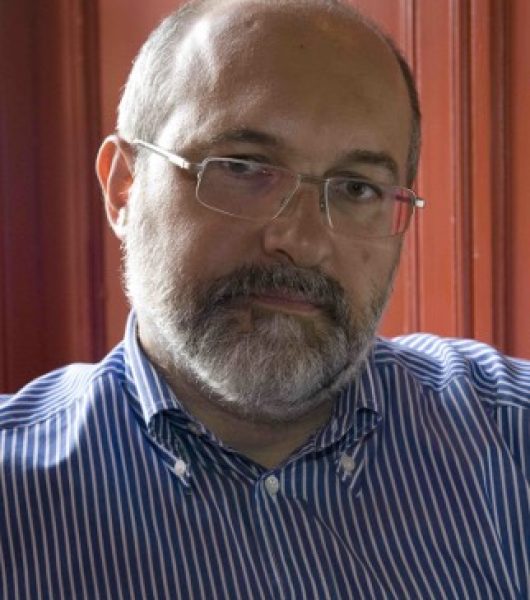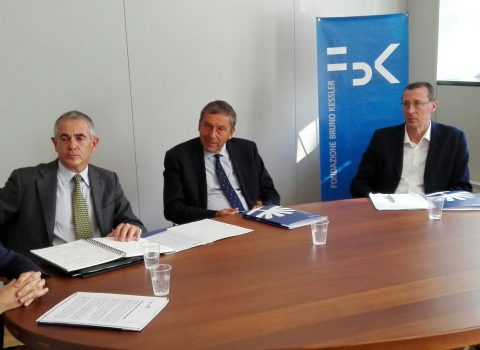Culture is much more than a soft issue
Building a stronger Europe: new initiatives to further boost role of youth, education and culture policies
The European Commission is advancing work to build a European Education Area by 2025, reinforce the cultural dimension of the European Union and bolster youth participation, with a new set of measures, including a new Youth Strategy and a new Agenda for Culture.
On 22 May 2018 the Commission presented a package including a New Agenda for Culture to raise awareness of Europe’s shared, diverse heritage. It aims to use the full potential of culture in building a more inclusive and fairer Union, supporting innovation, creativity, sustainable jobs and growth and in reinforcing the external relations of the EU.

“Today we are taking further steps to reinforce youth policies, culture and education in the EU. Following last year’s Leaders’ meeting on education and culture at the Gothenburg Social Summit and the December European Council, we swiftly presented a first set of initiatives addressing key competences for lifelong learning, digital skills as well as fostering common values and inclusive education. The second set of initiatives we are presenting today go a step further, focusing on learning mobility, youth, early childhood education, and learning of foreign languages and culture – all important building blocks for the future of Europe.”
(Vice-President for Jobs, Growth, Investment and Competitiveness, Jyrki Katainen)“Education, culture and youth policy have a central role in building a resilient, competitive and cohesive Europe for the future. Along with the first package adopted in January, the proposals we are putting forward today show that the Commission is working hard to achieve a set of ambitious goals together with Member States. These actions will help to pave the way towards the European Education Area while strengthening a European identity and empowering people, especially young people.”
(Commissioner for Education, Culture, Youth and Sport, Tibor Navracsics)
Referring to this framework, within the Trento Economics Festival 2018, Prof. Sacco, director of the Research Institute for the Evaluation of Public Policies (IRVAPP), presented an overview of the evolution from “Culture 1.0: classical patronage” to nowadays “culture 3.0: Communities of practice and open platforms”, going through “Culture 2.0: Cultural Creative Industries”.
The event was hosted at Oecd Leed Trento Centre For Local Development with the participation of Joaquim Oliveira Martins and in collaboration with TSM – Trentino School of Management. The Centre provides capacity building for people, places and institutions on issues related to local development. This year, for the 1st time, it promotes a Summer Academy on Cultural and Creative Industries and Local Development that provides training for policy makers and representatives of cultural and creative industries (CCIs). At the end of the course participants will acquire a deeper understanding of the sector, its needs and dynamics and develop expertise in putting in place effective and integrated strategies and policy frameworks to uncap the full potential of CCIs as drivers for local economic growth, job creation and inclusion. The Centre is also developing a Spatial Productivity Lab in collaboration with national institutions in Italy and interested OECD countries.


